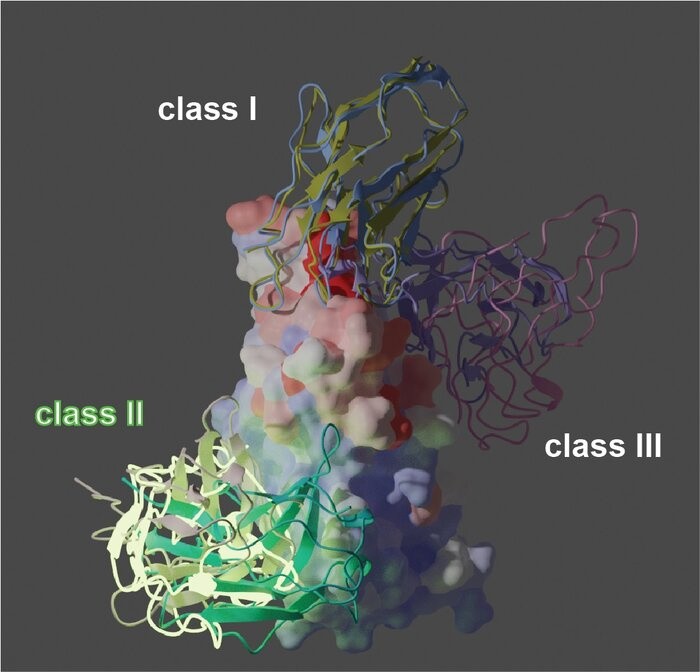University of Pittsburgh scientists have developed unique nanobodies that could fight SARS-CoV-2 and its other variants.
According to the researchers, the discovery can potentially neutralize the said virus that is continuously spreading across the globe.
Single-Domain Antibody For Coronavirus

According to the recent study entitled "Potent neutralizing nanobodies resist convergent circulating variants of SARS-CoV-2 by targeting diverse and conserved epitopes," there are three various methods where the antibodies combat cells responsible for COVID-19 infection.
The researchers behind the study published in Nature.com said that the nanobodies could be a breakthrough in the field of health. It will also help the other experts in developing the potential COVID-19 vaccines that would be suitable for the emerging variants.
Yi Shi, a Pittsburgh-based cell biology expert, said that this is the first trial in science that the ultrapotent nanobodies have been structurally classified.
"By doing this, we've not only provided details on the mechanisms our nanobodies use to defeat SARS-CoV-2 but also revealed directions for how to design future therapeutics," the senior author said.
Inhalable COVID-19 Treatment
In 2020, the researchers have experimented on a potential coronavirus treatment in the form of inhalable antibodies.
Shi and his colleagues have tested it first in hamsters. They found out that it was an effective solution to COVID-19 by gradually eliminating the coronavirus from the respiratory tract.
Together with some experts from the University of Pittsburgh, Shi has collaborated to identify the interaction of the nanobodies with the coronavirus. Using the cryo-electron microscope, they have learned how the antibodies interact with the SARS-CoV-2 virus.
For the experiment, the researchers decided to choose eight nanobodies. Later, they discovered that those antibodies have been effective against the UK variant (the Alpha variant) and the Delta variant, which originated in India.
Read Also : Pulse Oximeters Are 'Less Effective' in COVID-19 Patients With Darker Complexion--Experts Have Some Warnings
Classifications of Nanobodies
Phys.org reported on Wednesday, Aug.4, that there are three various groups that the researchers discussed regarding the COVID-19 nanobodies.
Class I dominates high-affinity RBD Nbs and represents some of the most potent neutralizers for SARS-CoV-2
Class II Nbs bind non-RBS epitopes and block ACE2 binding
Class III Nbs utilize distinct neutralizing mechanisms
Shi said that the above-mentioned classifications will be the new ways to hinder the development of the coronavirus in the cells.
He added that these nanobodies will not only bar the SARS-CoV-2 from developing, it could also open many processes that could help them create a COVID-19 vaccine that would work for other viruses such as SARS and MERS.
Earlier in July, researchers from Rice University have developed an inhalable COVID-19 vaccine.
The scientists said that it can be stored at room temperature. This will be a game-changer for the ongoing battle with COVID-19 since some vaccines have limitations when it comes to storage.
The inhalable vaccine is said to be infused with a special protein from the virus.
This article is owned by Tech Times
Written by Joseph Henry
ⓒ 2025 TECHTIMES.com All rights reserved. Do not reproduce without permission.




